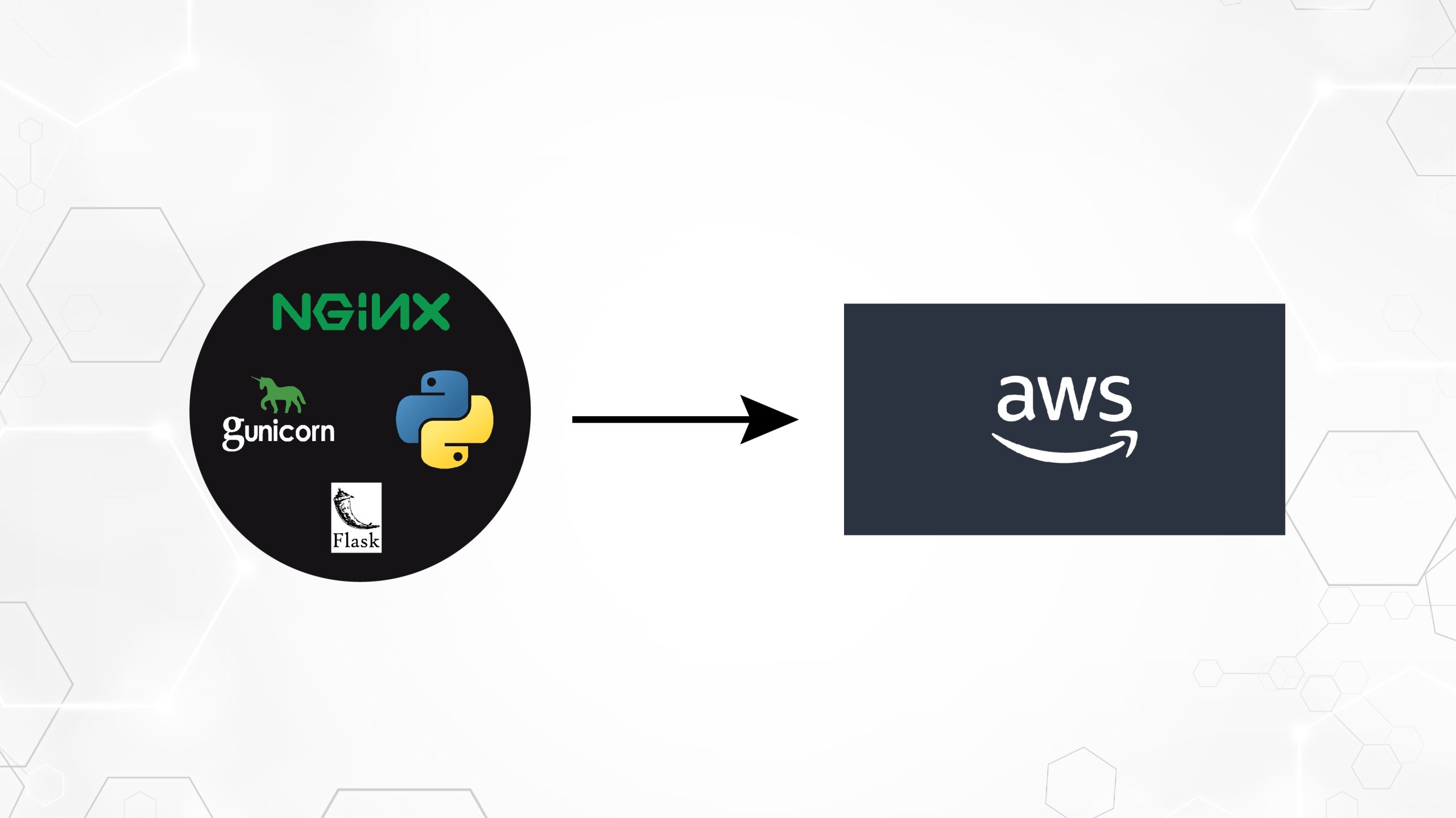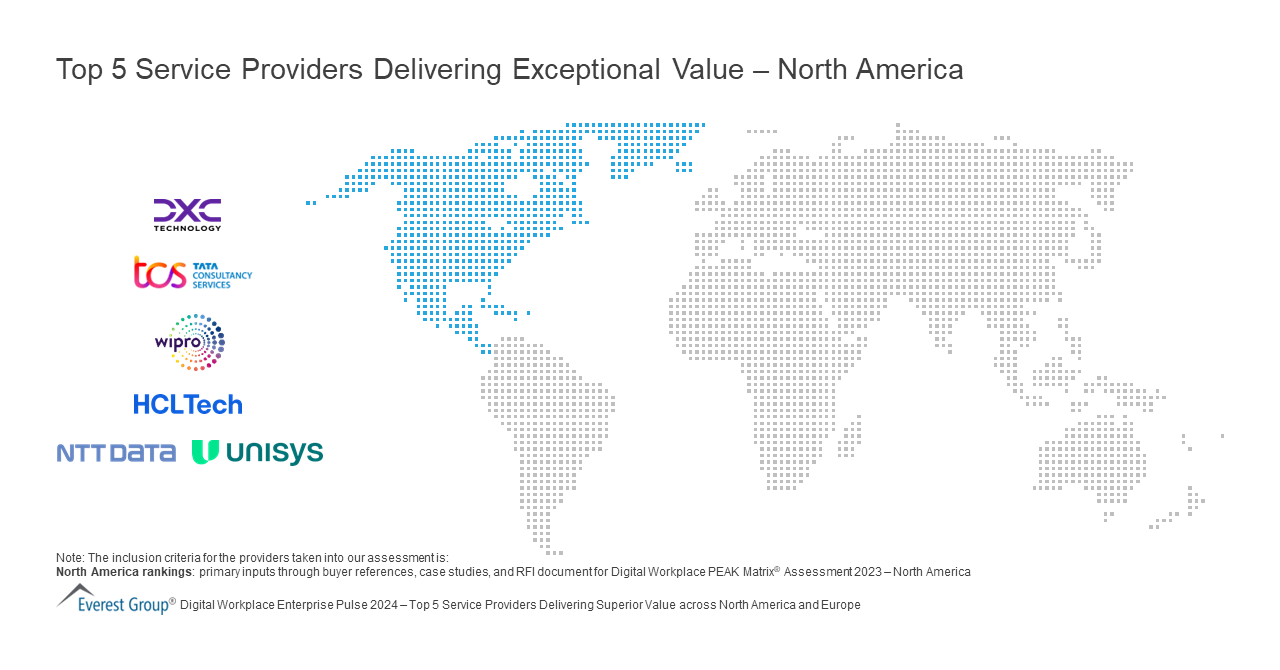WHAT WE HAVE ON THIS PAGE Introduction Smart Dishwasher Statistics: As the world is enormously growing with advanced technology and in recent days we are directly or indirectly dependent on smart devices within our daily routine. The Smart Dishwasher is an important smart gadget that helps clean dishware, cookware, and other cutlery items automatically. The overall market has been gaining huge growth and opportunities in recent days due to its advanced process of dishwashing. As the demand for modern kitchen renovations is increasing thus, the sales of freestanding smart dishwashers and built-in dishwashers are also increasing. Are you thinking of purchasing a smart dishwasher this year 2024? Then this Smart Dishwasher Statistics will positively guide you in every aspect as it includes detailed statistical analysis. Hope after going through the paper you get a clear idea of which dishwasher is better for your home. Editor’s Choice Global Smart Dishwashers market valued at USD 5.59 billion in 2023. Expected growth to USD 7.29 billion by 2027, with a CAGR of 6.9% (2023-2027). US projected revenue for smart dishwashers in 2023: USD 3.45 billion. Two types of smart dishwashers: small-size freestyle for residential use, and large-scale freestyle for commercial purposes. Asia Pacific to lead the market, according to Maximum Market Research. By 2029, market size estimated at USD 6.94 billion, growing at a CAGR of 13.9% (2023-2029). Anticipated market size by 2026: USD 5.3 billion, with a growth rate of 14.4% CAGR (2020-2026). Overall dishwashing machines market in 2023 valued at USD 26.25 billion, with a 3.69% annual growth rate (2023-2028), per Statista. 2023 revenues in other regions: Japan (USD 0.58 billion), Indonesia (USD 173.10 million), UK (USD 0.75 billion). Built-in dishwashers segment expected to see the highest growth, with a CAGR of 10.2% (2021-2030). The Asia Pacific region is anticipated to hold the highest share in the smart dishwasher market. This dominance is attributed to rapid urbanization, rising living standards, and the increasing adoption of smart home appliances in countries like China, Japan, and India. Key players in the global smart dishwasher market include renowned brands such as Robert Bosch GmbH, LG Electronics, Samsung Electronics, Haier Group Corporation, Electrolux AB, Whirlpool Corporation, Miele & Cie KG, Panasonic Corporation, and several others. This competitive landscape highlights the significant investment and innovation driven by leading manufacturers to capture market share and cater to evolving consumer demands. What is a Smart Dishwasher? This is a dishwashing machine that is embedded with smart technology and allows users to control all processes remotely. Smart dishwashers can be connected to many smart devices, Smartphones, and the internet and such connectivity provides more control to users through commands on apps. The uses are currently increasing both in household and commercial sectors. Advantages of Smart Dishwashers Remote Control and Monitoring: Users can control and monitor their smart dishwashers from anywhere using smartphone apps, receiving alerts for detergent levels and cycle completions, enhancing convenience and ensuring efficient operation. Enhanced Cleaning Performance: These appliances can regulate water temperature during cycles for superior grease and stain removal, thanks to customized cleaning algorithms. Error Diagnosis and Preventive Maintenance: Smart dishwashers utilize advanced sensors and algorithms to diagnose issues and identify potential problems in real time, facilitating quick maintenance and optimal performance. Adjustable Wash Settings: They offer the flexibility to adjust wash settings, including water temperature, pressure, and cycle time, ensuring effective and personalized cleaning for every load. Water & Energy Usage Tracking: An essential benefit is the ability to monitor water and electricity usage, helping users understand and modify their usage patterns to conserve resources and reduce utility bills. Load Detection & Optimization: Innovative load-detecting technologies estimate the number of dishes and adjust the cleaning cycle accordingly, conserving resources and improving efficiency. Cycle Progress Notifications: Users receive real-time updates on their wash cycle status directly to their smartphones, allowing for better time management without needing to check the dishwasher physically. Eco-Friendly Wash Cycles: Smart dishwashers offer energy-saving and eco-friendly cycles that minimize water usage through advanced water filtration systems and innovative cleaning methods. Intelligent Load Optimization: Artificial intelligence algorithms optimize water usage based on previous washes’ data, adjusting water usage for efficient operation without compromising cleaning performance. Customization and Personalization of Settings: Users can tailor wash cycles, adjust water pressure, select wash temperatures, and choose drying options, making the cleaning process optimal for specific needs and preferences. Smart Home Integration: These appliances can integrate with smart home ecosystems, enhancing personalization and convenience by allowing users to control their dishwasher in harmony with other smart devices. Energy-Efficient Operations: Smart dishwashers, especially those integrated with Home Connect, save on water and energy through modern sensor technology and efficient program selection. Technology Used in Smart Dishwashers (Source: intuz.com) Wi-Fi connectivity: in such cases, dishwashers can be controlled and monitored remotely via connecting through a Smartphone application, which allows users to start and stop the machine from a distance. Voice control: this allows control of dishwashers through voice commands via Google Assistant or Amazon Alexa by which users can check the status, on and off the machine whenever required. Sensor technology: A smart dishwasher includes a variety of sensors for saving energy and enhancing performance. Sensors can gauge how dirty the dishes are and also ensure effective cleaning with the least amount of water. Auto-Dosing systems: These dishwashers automatically dispense the required amount of detergent for cleaning. The system mainly depends on load size, chosen program, and soil level. Energy Monitoring: This is another effective feature that is available in smart dishwashers which help in tracking the time of energy usage. Remote Diagnostics: Special ability to troubleshoot and self-diagnose within any certain situation by alerting users and even sending error reports to the manufacturer. Customized program: These sensors are customized for extremely soiled dishes, delicate plates, rapid washes, etc. Top companies of global smart dishwashers are followed by Samsung, BSH, GE, Whirlpool, LG, Electrolux, Miele & Cie, Robert Bosch GmbH, Panasonic, Haier Group Corporation, Aga Rangemaster Group, Asko Appliances AB, Dacor, Fagor America, Hoover Candy Group, Sears Brands, SMEG, VESTEL, Xiaomi Corporation, etc. Smart Dishwashers Trends Smart Technology Integration: The kitchen is becoming increasingly connected, with smart dishwashers that can be controlled via smartphone apps or voice commands. This integration extends to other smart kitchen appliances, enhancing efficiency and convenience in the kitchen. Energy and Water Efficiency: There’s a growing emphasis on eco-friendly appliances. Smart dishwashers now come with features that minimize water usage and optimize energy consumption, contributing to a more sustainable household. Customization and Personalization: Users can now adjust dishwasher settings to their specific needs, from selecting the appropriate wash cycle to customizing the drying options and even scheduling the wash for a convenient time. Voice Control and Connectivity: Major players are integrating voice-controlled personal assistant services with their appliances, making it easier for users to operate their dishwashers using simple voice commands. This trend is expected to grow as more households adopt smart home technologies. Innovative Features for Efficiency: New smart dishwashers boast innovative features such as load sensing, which optimizes water and energy usage based on the size of the load, and soil sensors to adjust the wash cycle for maximum cleaning efficiency. Market Growth and Consumer Demand: The demand for smart kitchen appliances, including dishwashers, is on the rise, driven by the consumer desire for convenience and efficiency in the kitchen. Energy efficiency concerns are also fueling the demand for smart kitchen products. Regional Market Insights: The United States, China, and India are significant markets for smart dishwashers, with varying rates of adoption and growth. The U.S. remains a leading consumer, while China and India are rapidly growing markets due to increased consumer spending and the adoption of smart home technologies. Smart Dishwasher Statistics by Countries United States: Projected revenue of USD 3.45 billion. Albania: Market size of USD 11.48 million. Algeria: Expected revenue of USD 164.50 million. Angola: Anticipated market size of USD 199.80 million. Argentina: Close to USD 199.30 million in revenue. Armenia: Market size around USD 18.75 million. Australia: Expected revenue of USD 390 million. Austria: Anticipated market size of USD 169.40 million. Azerbaijan: Projected at USD 69.38 million. Smaller market sizes but noteworthy contributions include: Bahrain: USD 11.70 million. Bangladesh: A significant USD 289.40 million. Belarus: USD 63.89 million. Belgium: Market size of USD 206.70 million. Larger economies showing strong market presence: Brazil: USD 330 million. Canada: A robust USD 410 million. China: Leading with USD 640 million.…
Smart Dishwasher Statistics 2024 and Facts

Sign Up for Our Newsletters
Get notified of the best deals on our WordPress themes.









